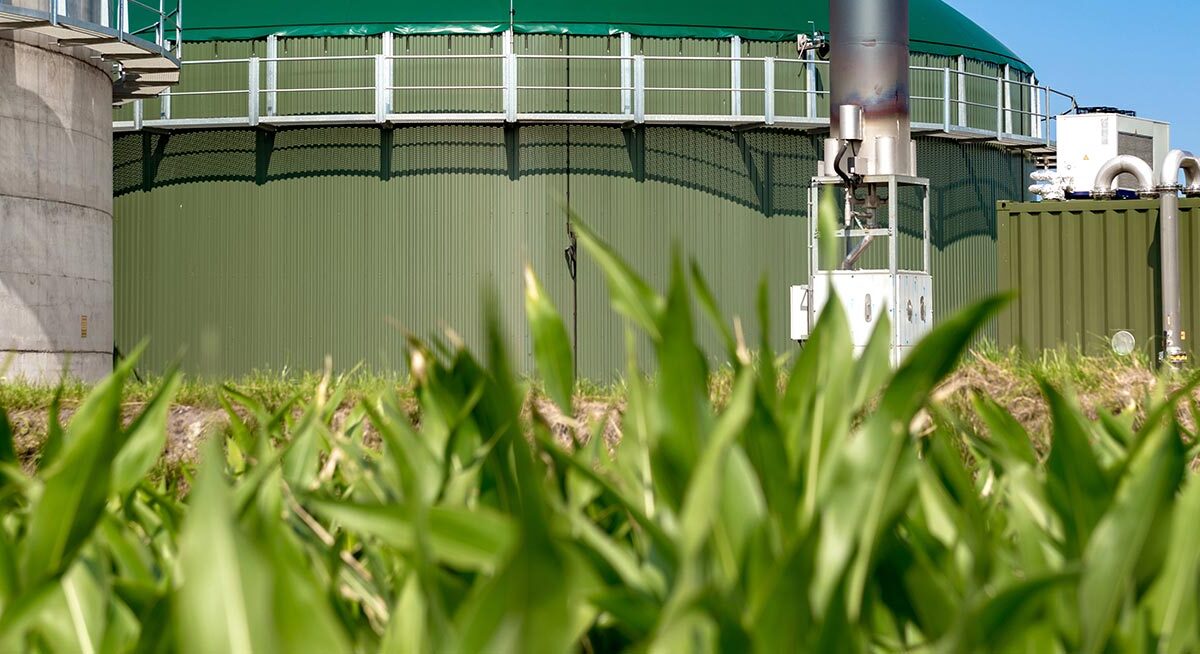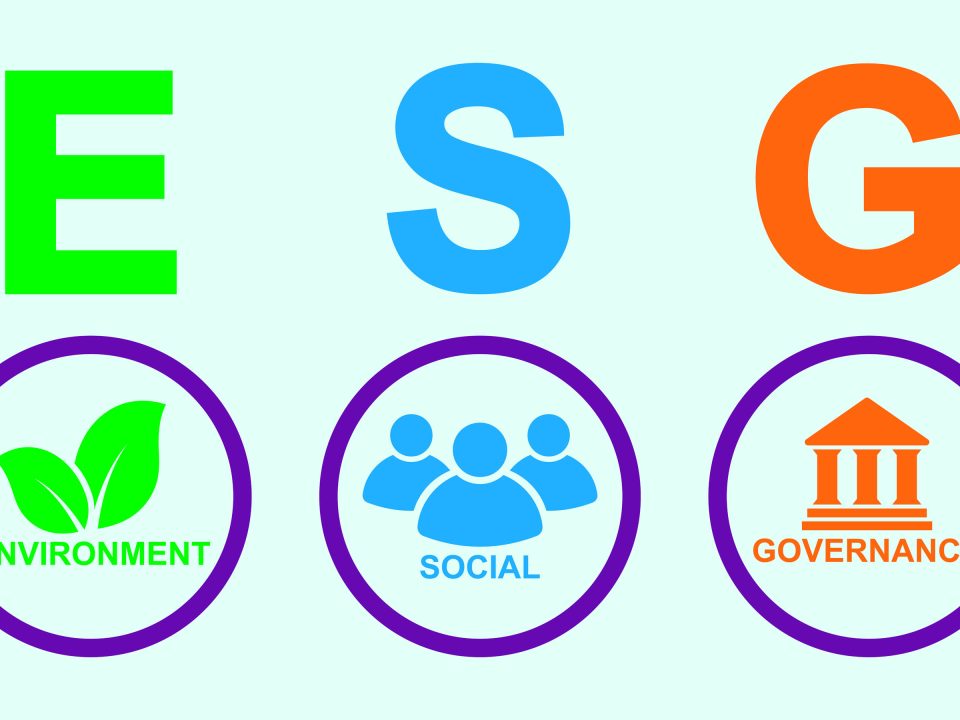
Scaling Climate Action through Innovation by SMEs in Africa
October 11, 2022
Alternatives for the Power Market Structure
October 14, 2022Renewable fuel development in Sub-Saharan Africa is urgently needed for social development and economic growth in the continent. As stipulated in SDG 7, countries must ensure access to affordable, reliable, sustainable, and modern energy for its citizens. Fossil fuels have powered the vast majority of transport on the land, sea, and air, even though it is non-sustainable. Climate change advocates are demanding an end to fossil fuel usage across the globe.
The transportation sector has the biggest impact in terms of fuel usage. Currently, in the United States, vehicles are fueled by renewable fuels such as Hydrogen fuel cells and biodiesel-powered buses while airplanes are powered by biomass-based sustainable aviation fuel. These renewable fuels are mostly produced from renewable resources which are animal fats, vegetable oils, sugarcane, corn, feedstock, waste, and residues. Renewable fuels provide a sustainable alternative to traditional, non-renewable resources such as petroleum. The world economy has remained reliant on petroleum as a main source of energy, the prices of crude oil and fossil fuel could easily destabilize the economies worldwide making renewable fuel the next big thing.
There are numerous advantages of renewable fuels which include the raw materials for the renewable fuels are easy to come by; feedstock, animal fats or vegetable oils, and bioethanol made from sugarcane or corn. There is an existing infrastructure that allows vehicles and airplanes to run solely on renewable fuels, making for easy adaptation. Also, renewable fuels are easily blended with fossil fuels, thus this allows for a gradual switch and flexibility in operations. Renewables reduce the emissions of greenhouse gas and create employment by allowing more domestic production. There are three main types of renewable fuels. These are biofuel, hydrogen fuel, and processed engineering fuel.
Biofuel is fuel derived from biomass such as plant or algae material or animal waste. Unlike other renewable sources, biomass can be converted directly into liquid fuels to meet transportation fuel needs and may also be used for heating and electricity generation. The most common biofuels are corn ethanol, biodiesel, and biogas.
Hydrogen fuel is a zero-carbon fuel burned with oxygen, and when consumed in a fuel cell produces water. Hydrogen can be produced from a variety of domestic resources, such as natural gas, biomass, and renewable power like solar and wind. These qualities make hydrogen an attractive fuel option for transportation and electricity generation.
Processed Engineering Fuel (PEF) is a ready-to-use alternative fuel source, generated from select dry commercial, industrial, mixed construction, and demolition materials such as recyclable plastics, cardboard, paper, and waste timber.
As the continent brawls with the fluctuations of its currencies leading to petroleum price hikes, governments must channel their resources into investing in renewable fuels. The continent is blessed with diverse biomass that can be exploited for biofuel generation. Even though the continent grapples with financial and economic constraints, there is a need to collaborate with Development Partners to support the cost of the renewable fuel production plant. This would bring about affordability, reliance, and a sustainable source of energy for socio-economic development.




